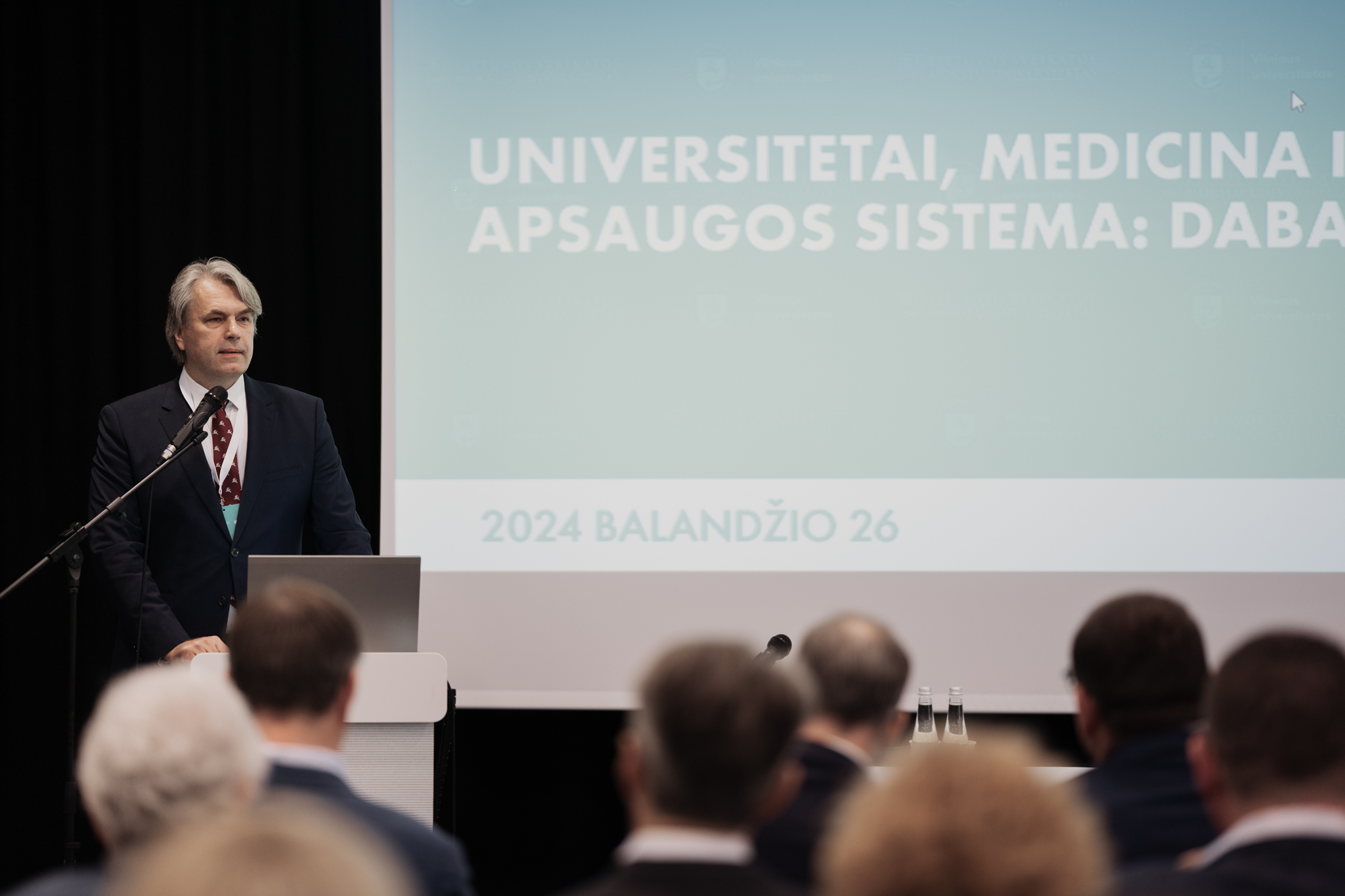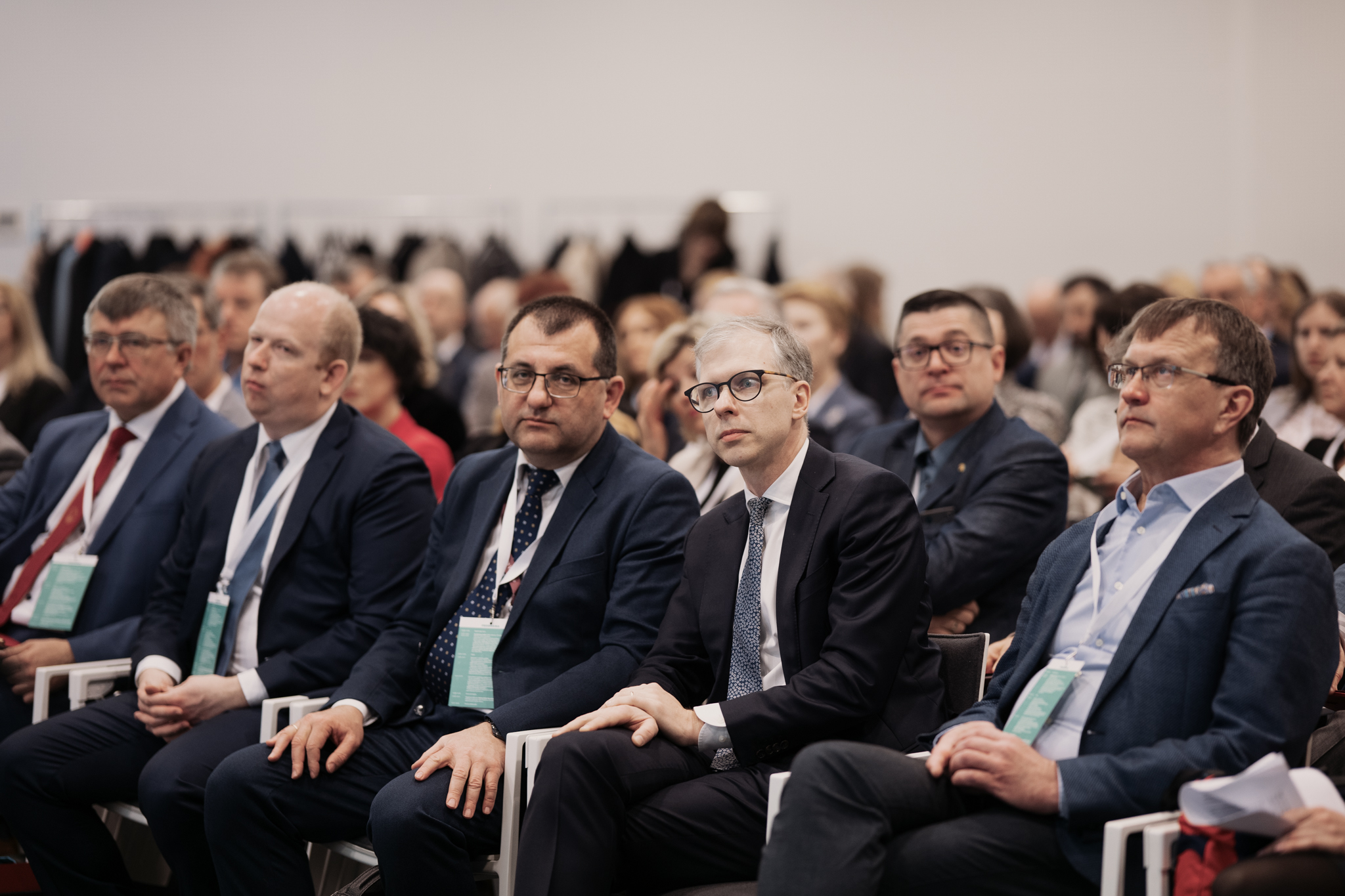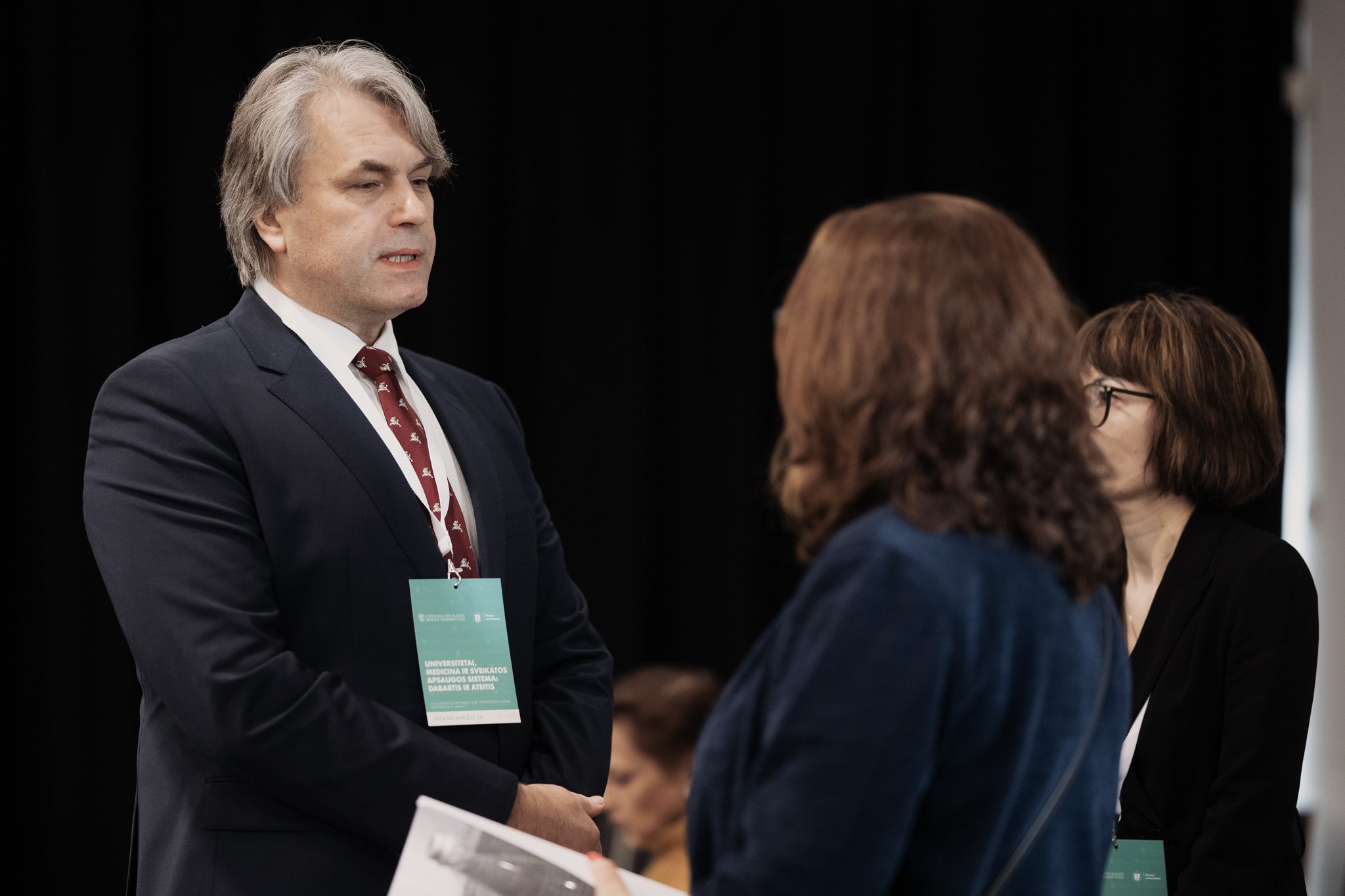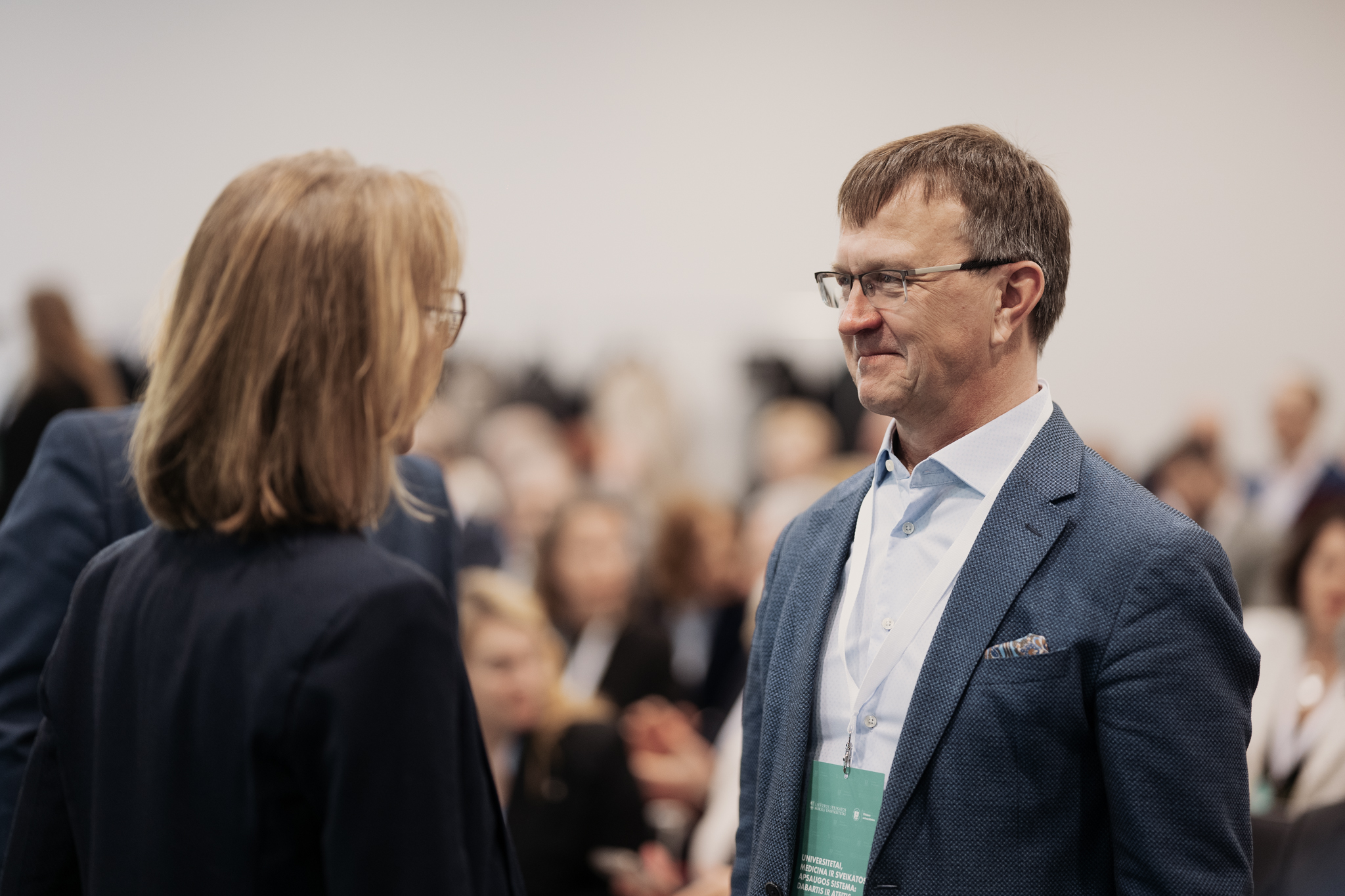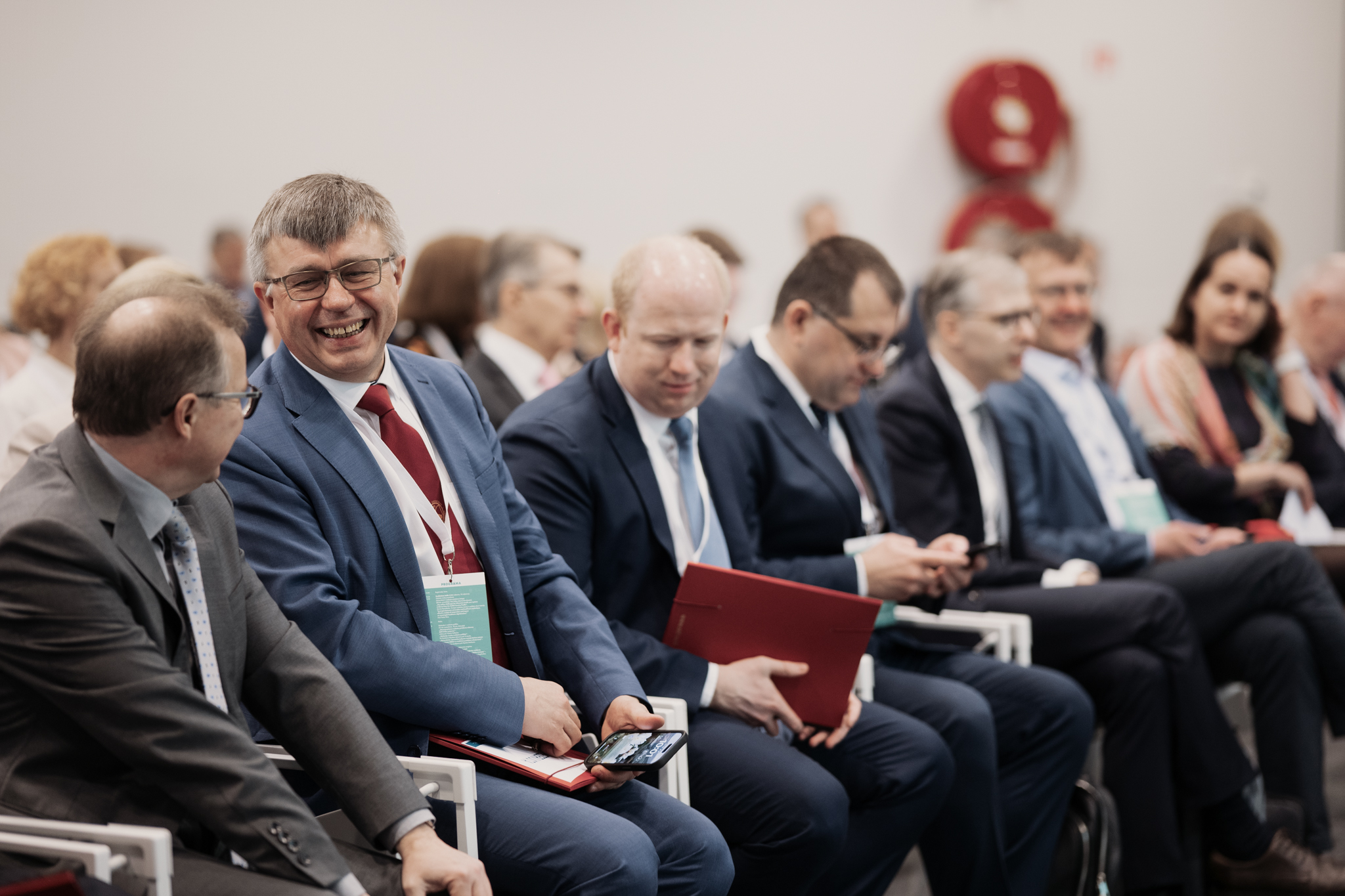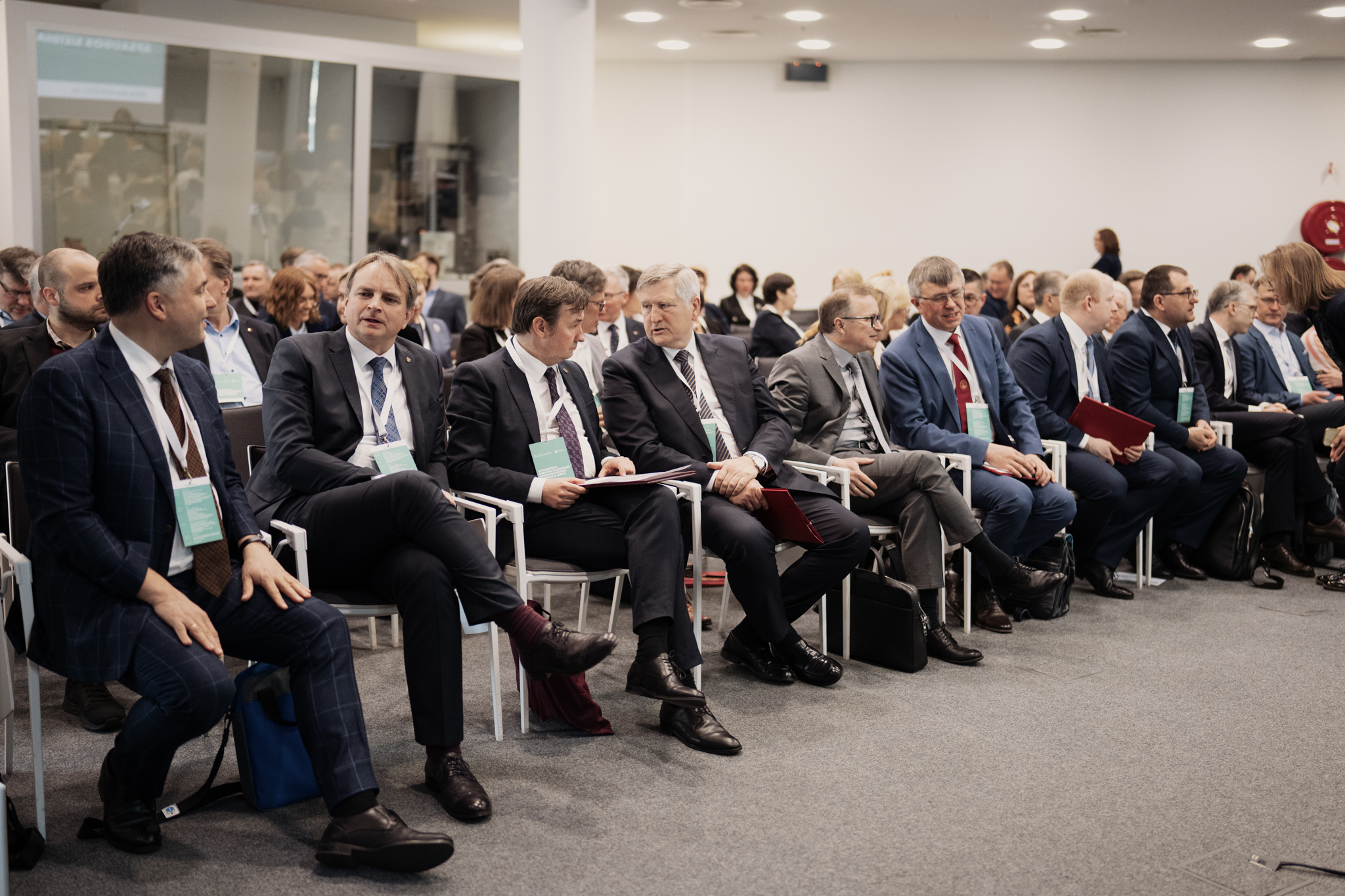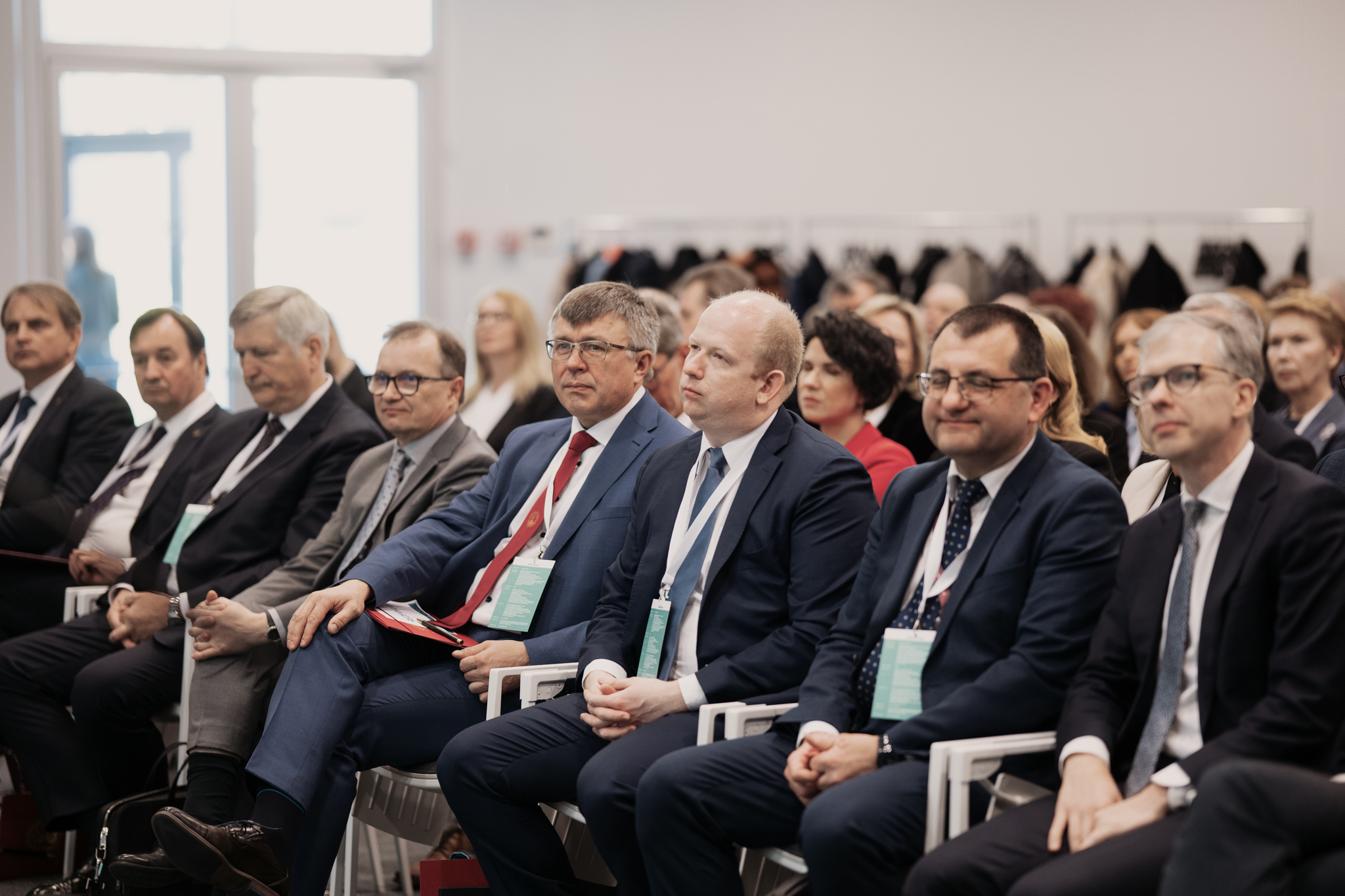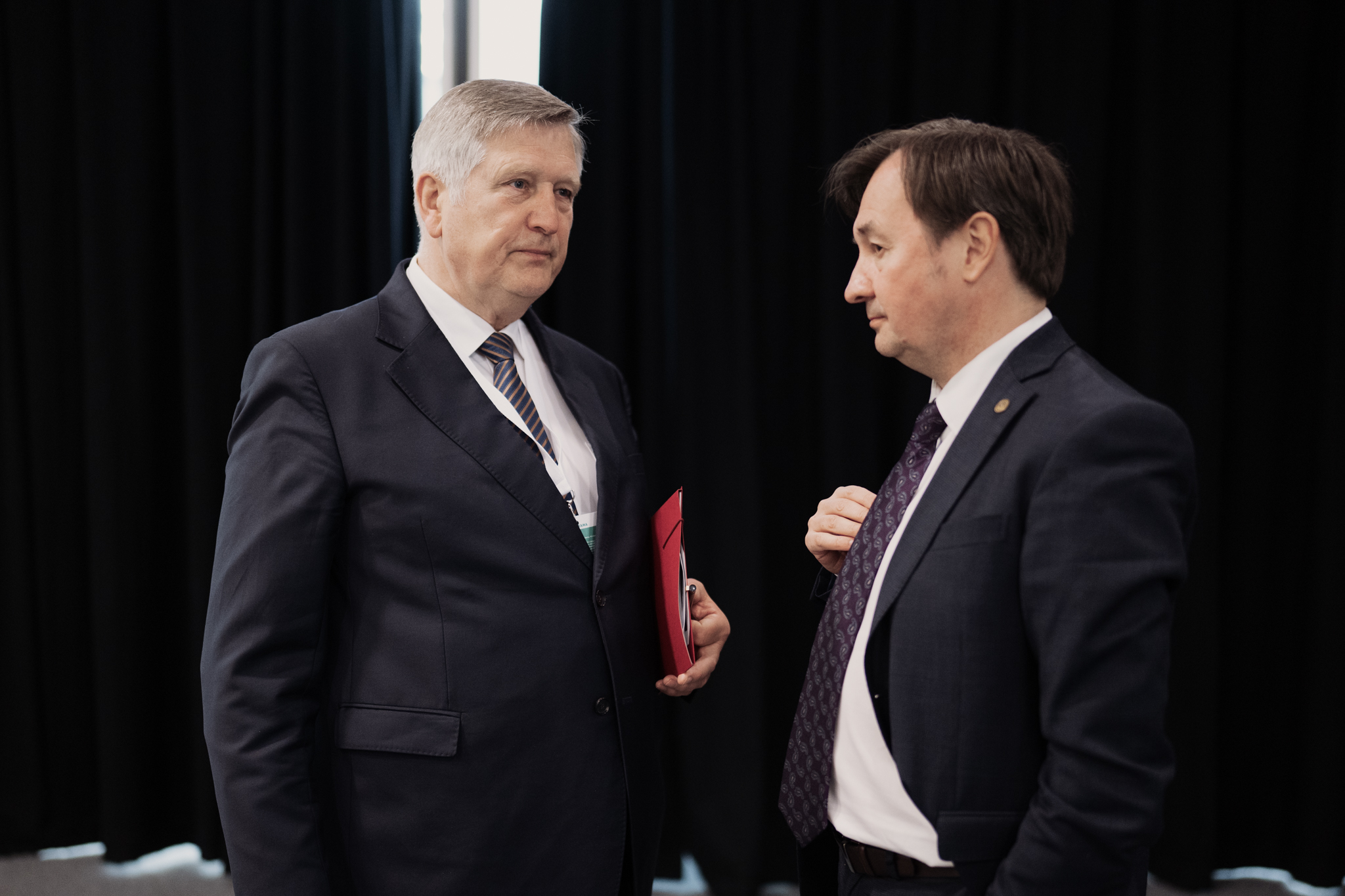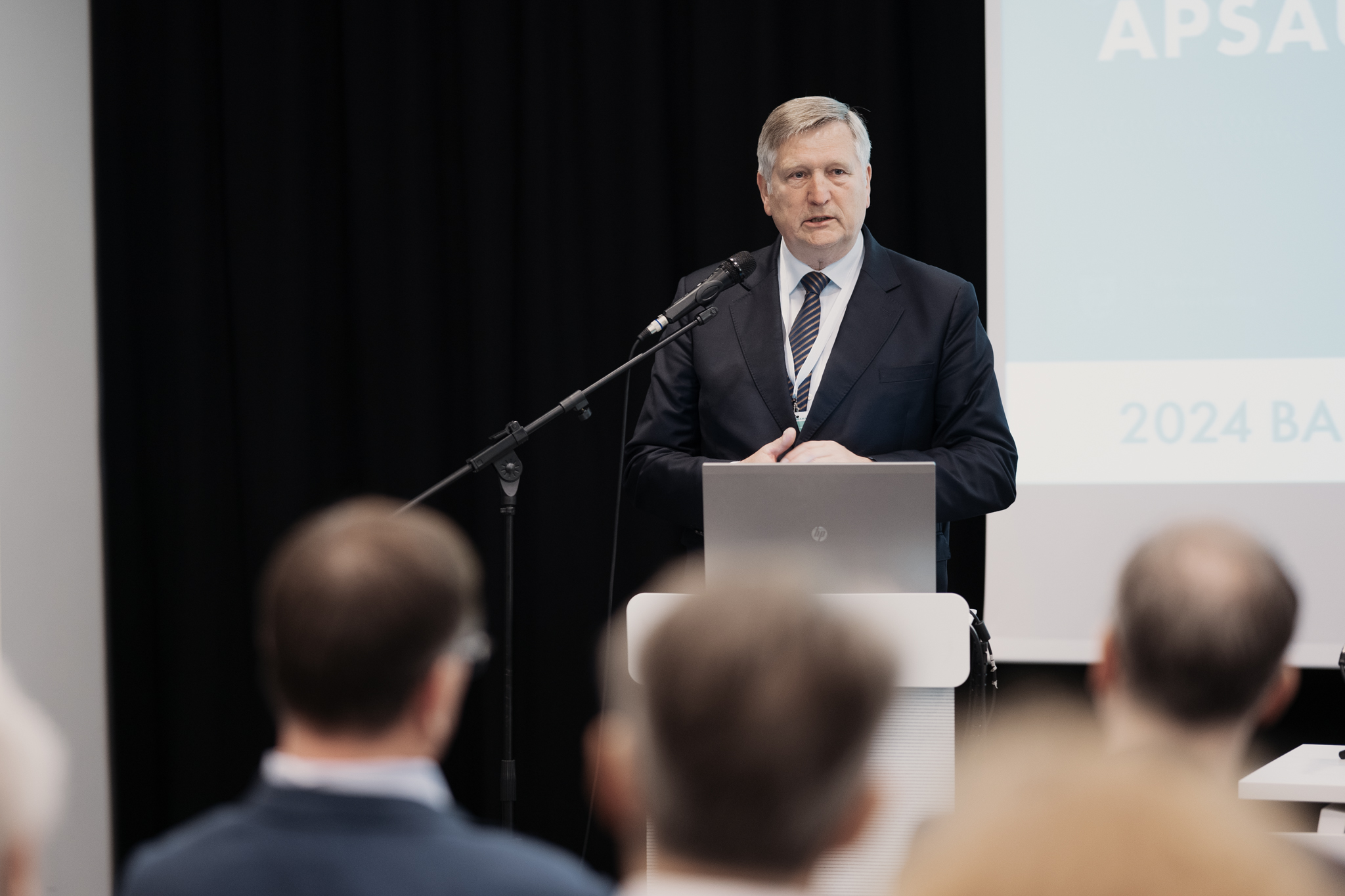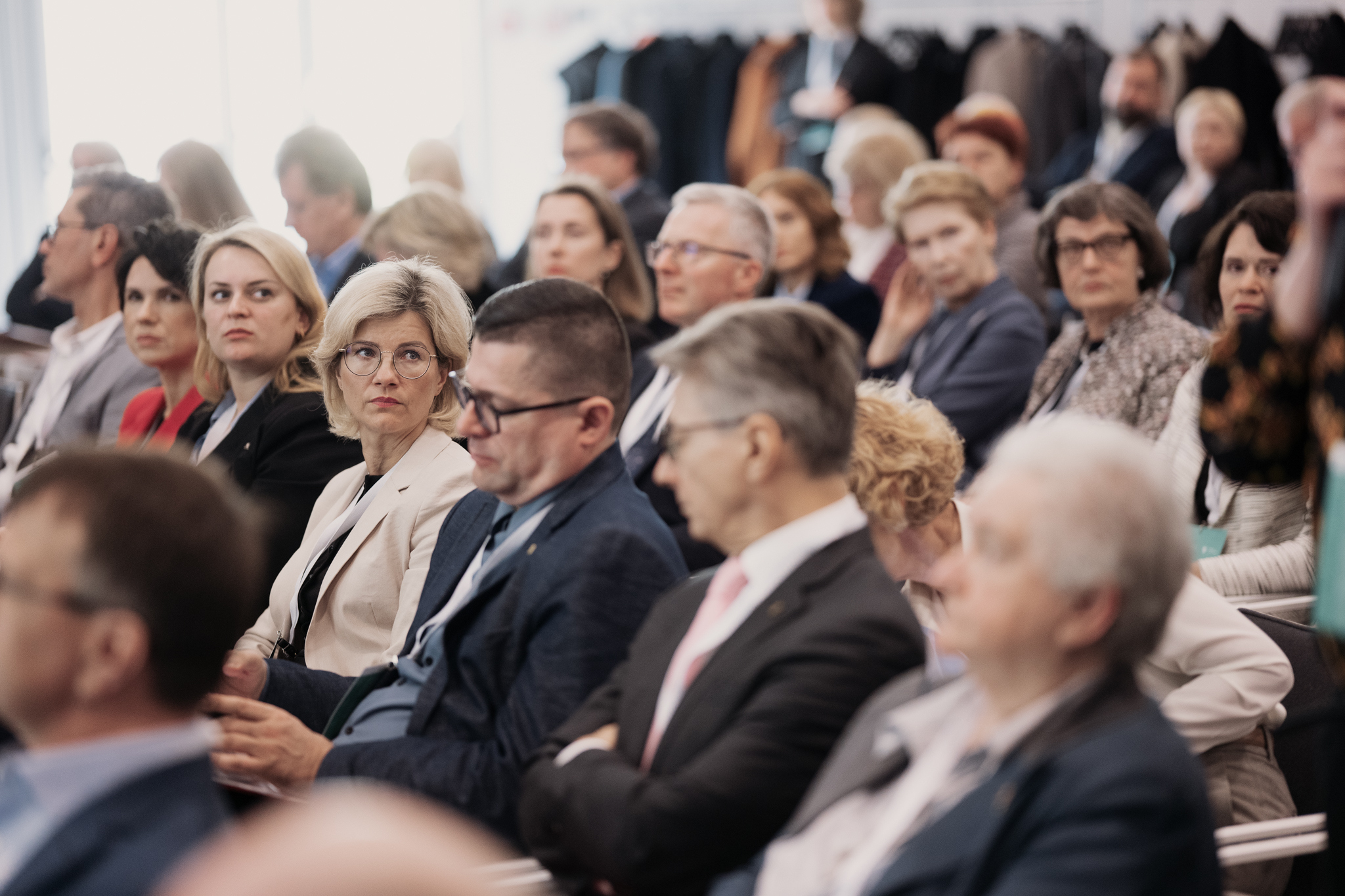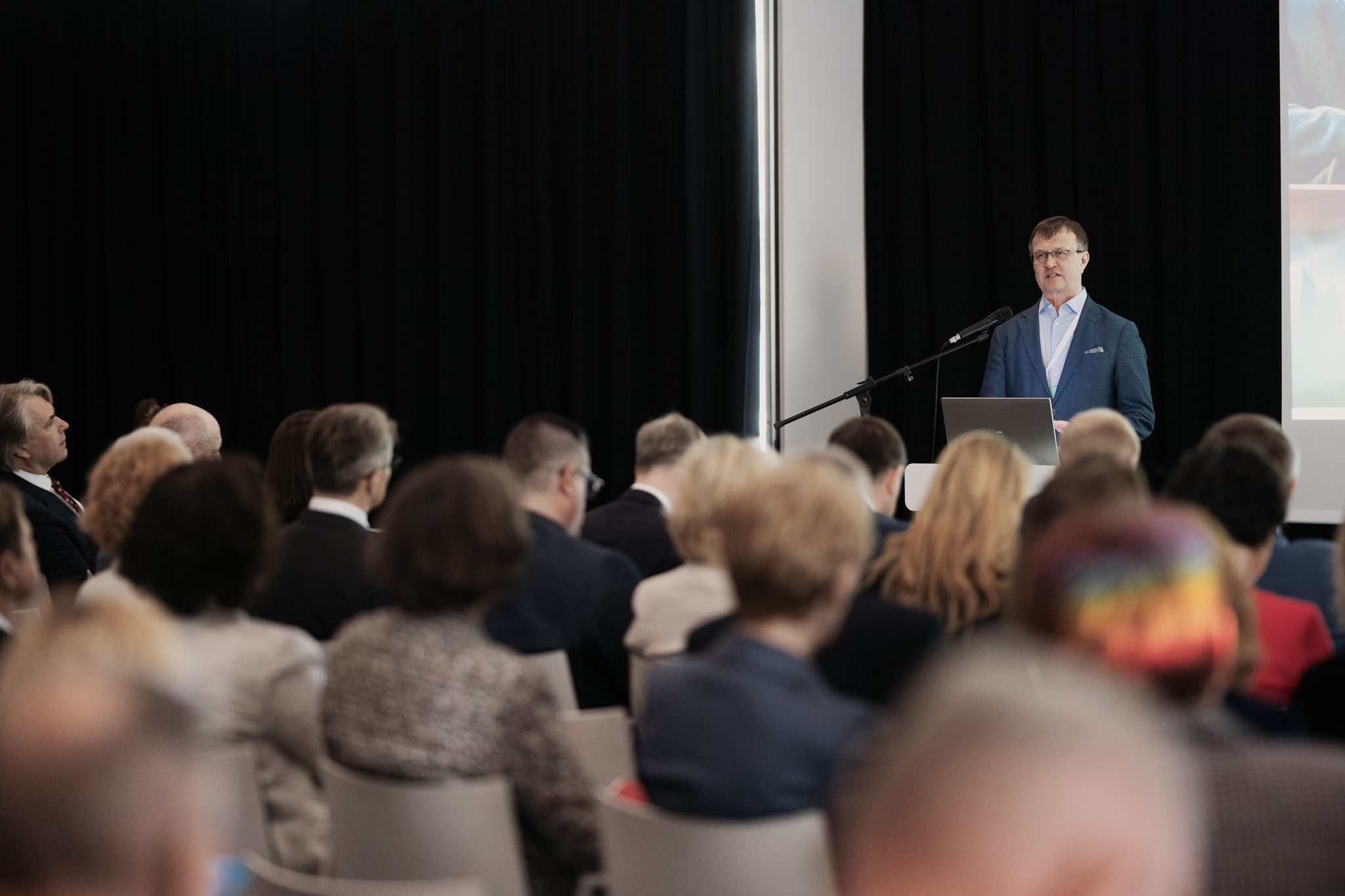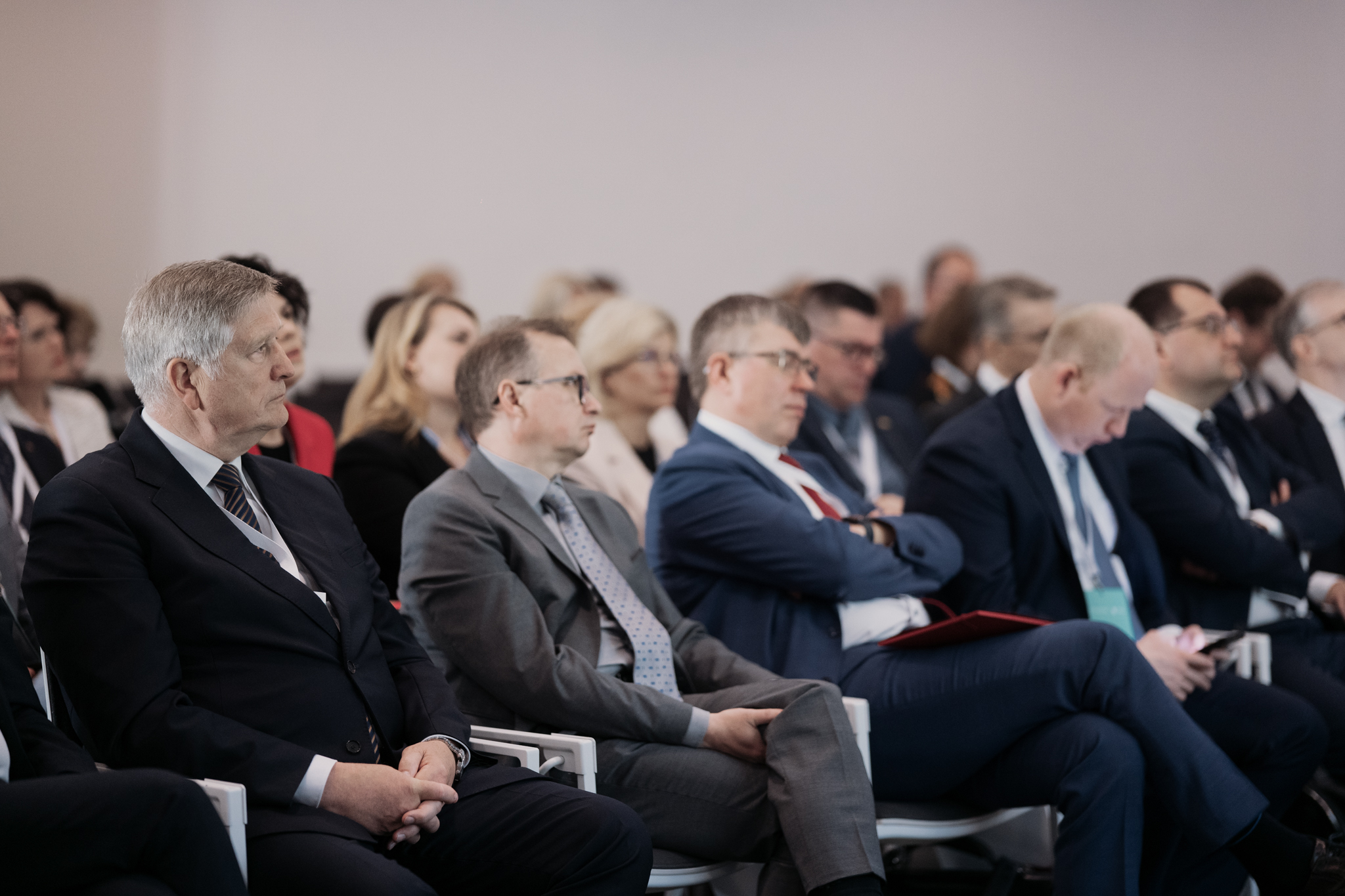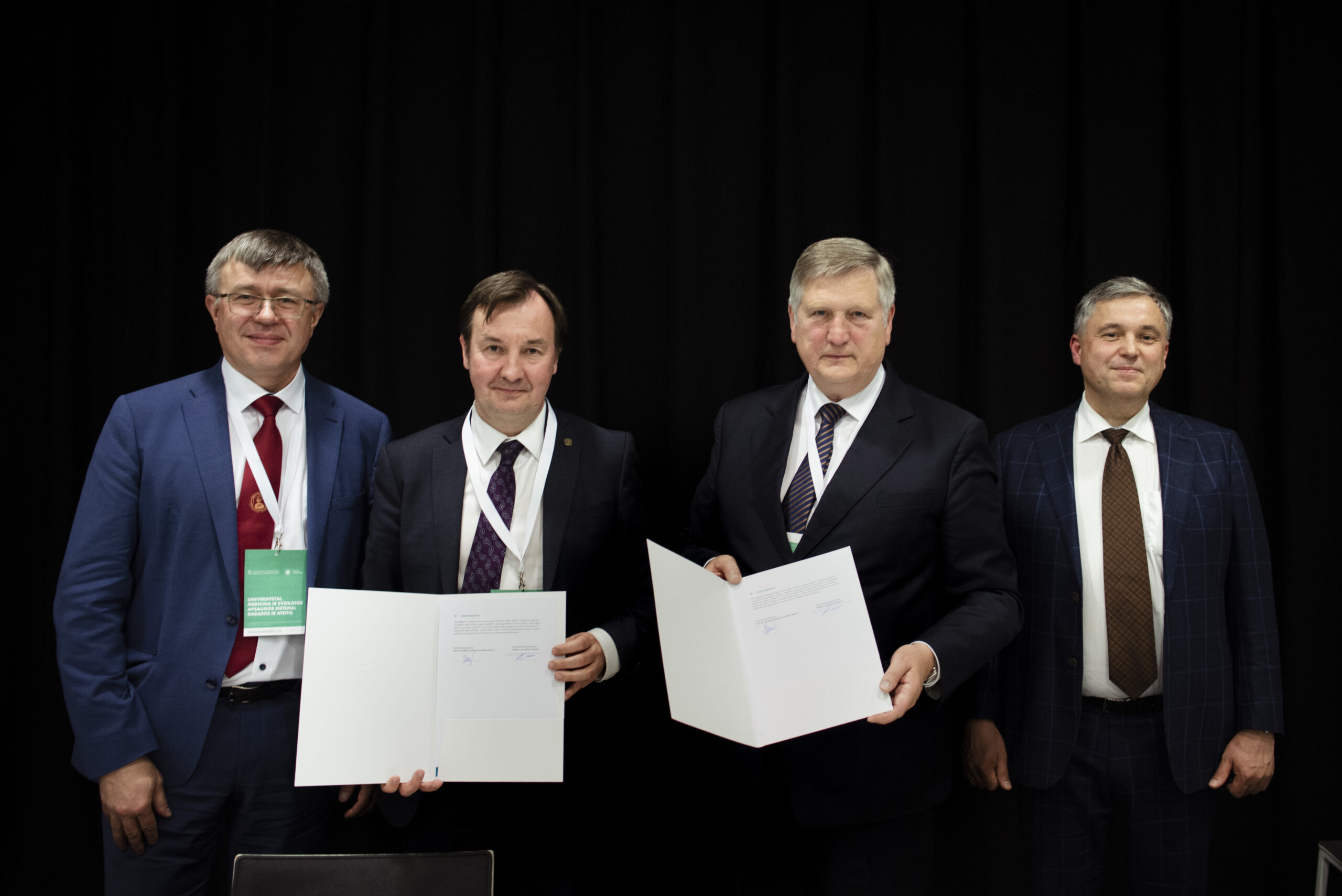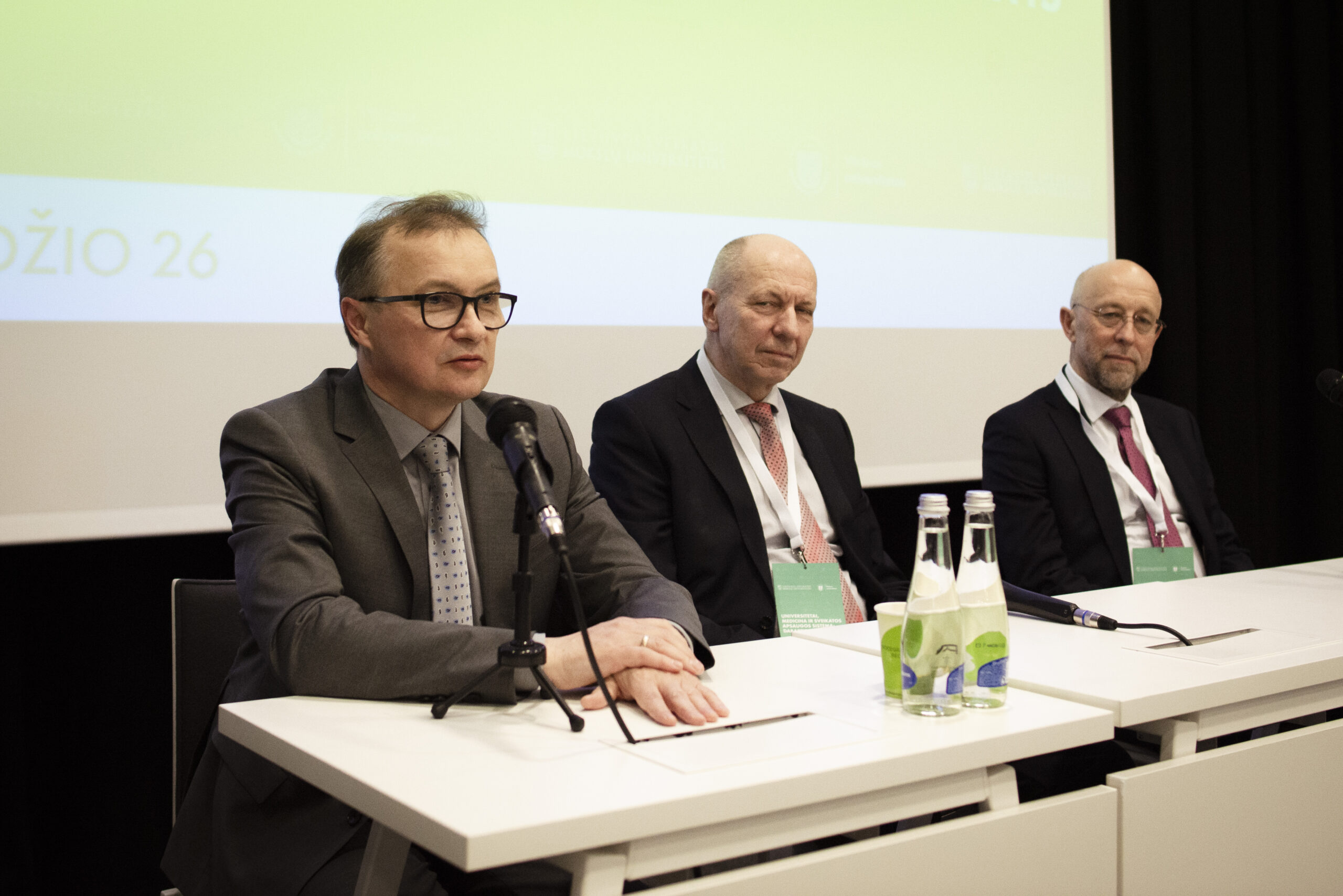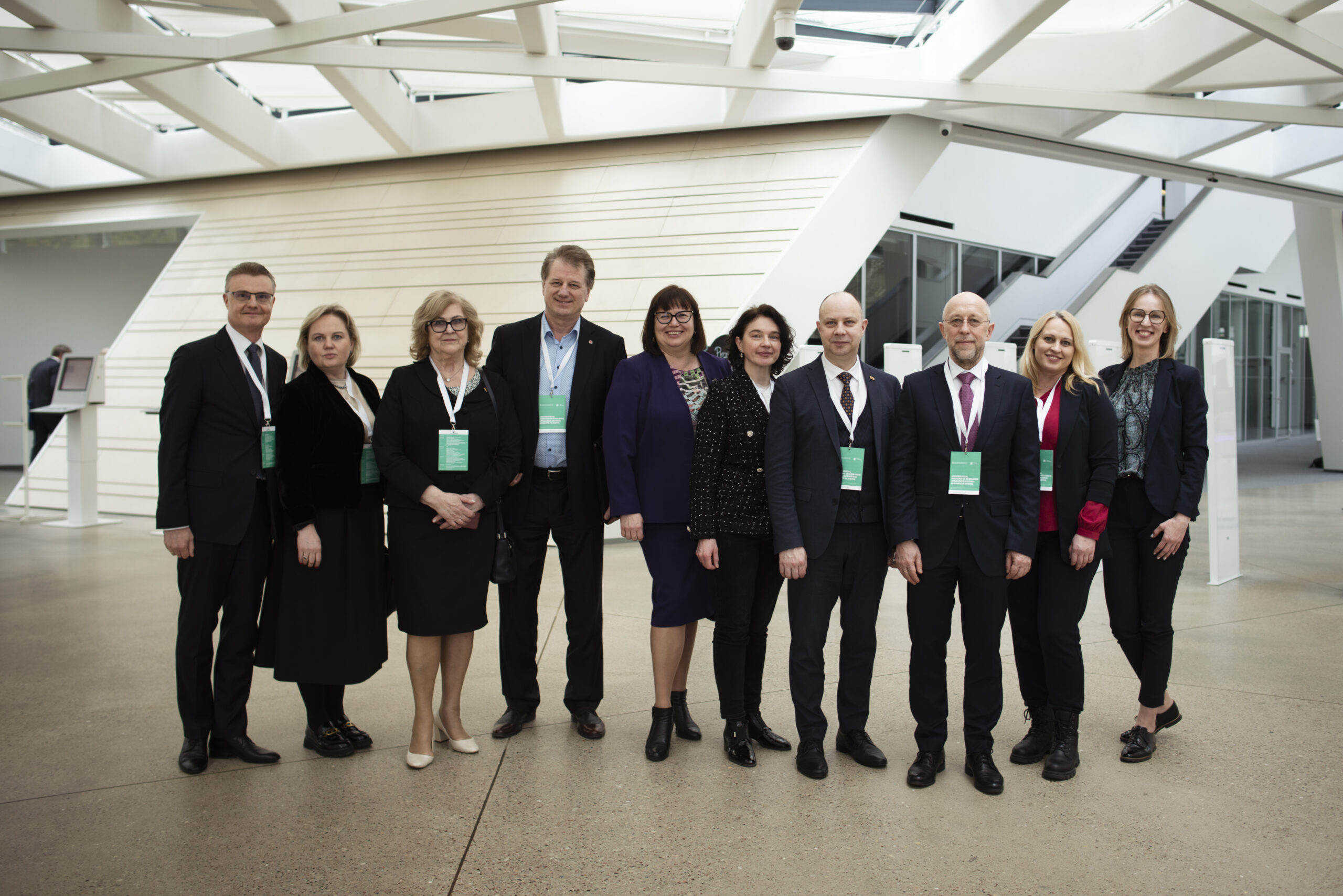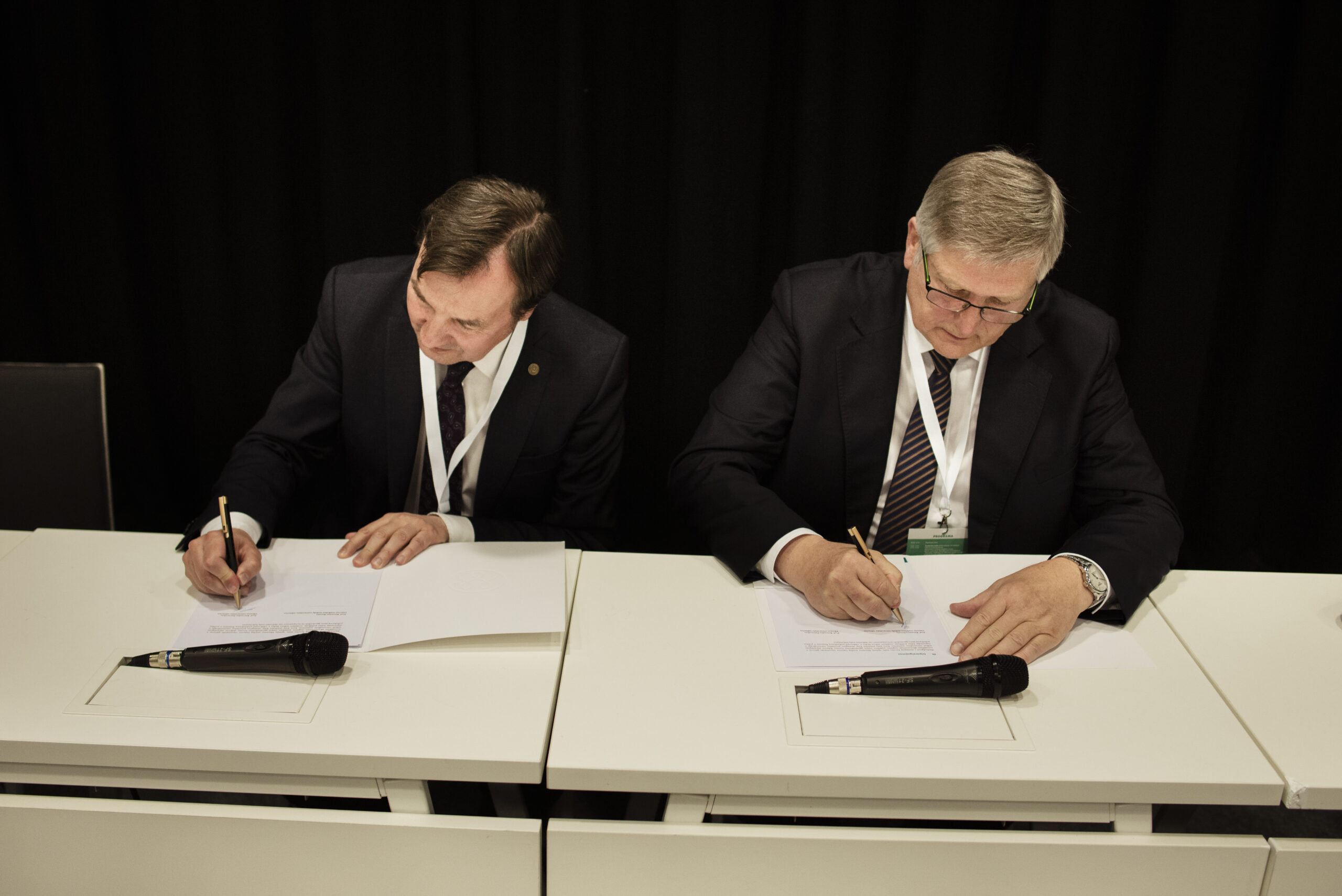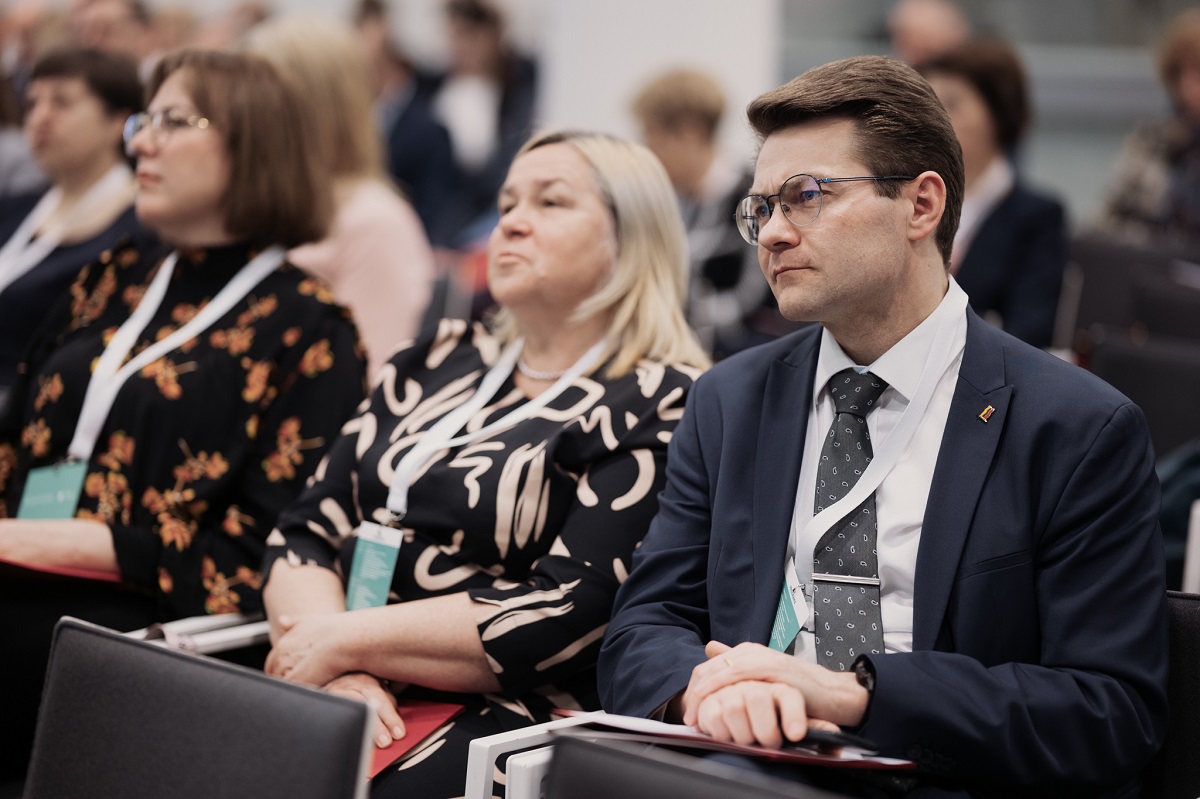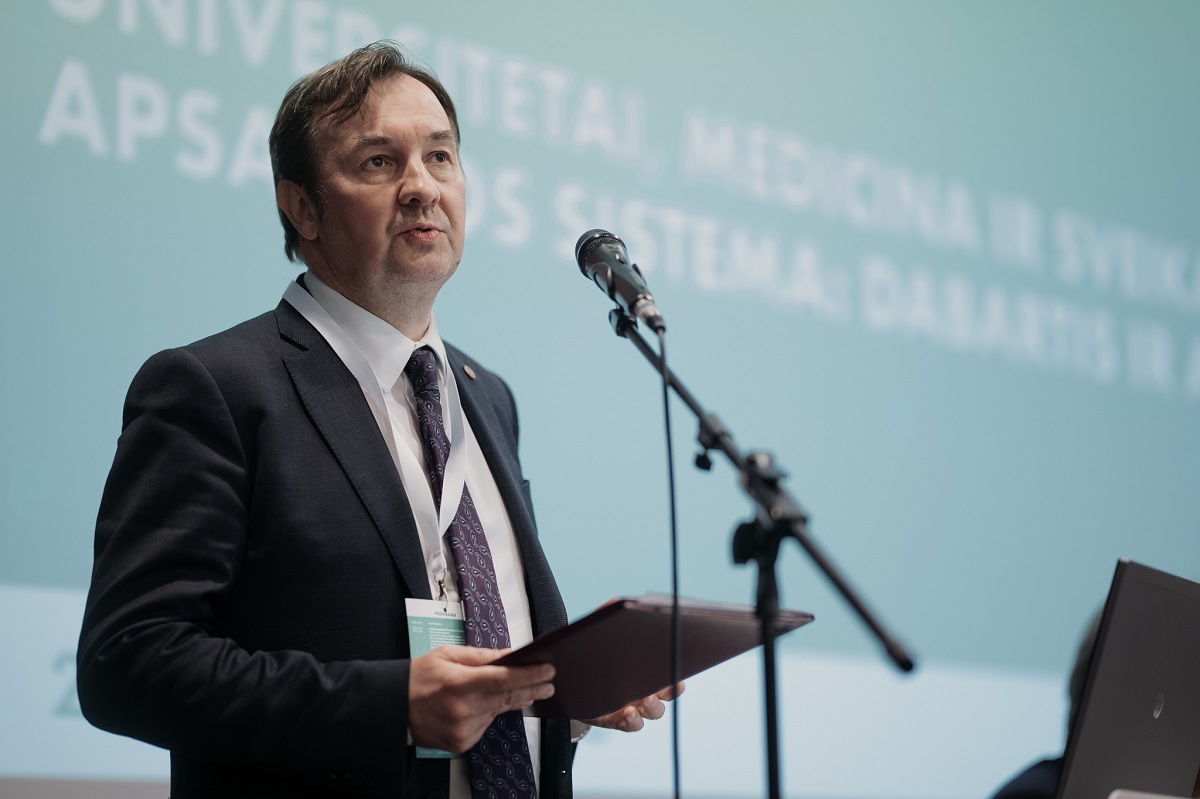The Health experts Forum provides solutions to the challenges of the healthcare system
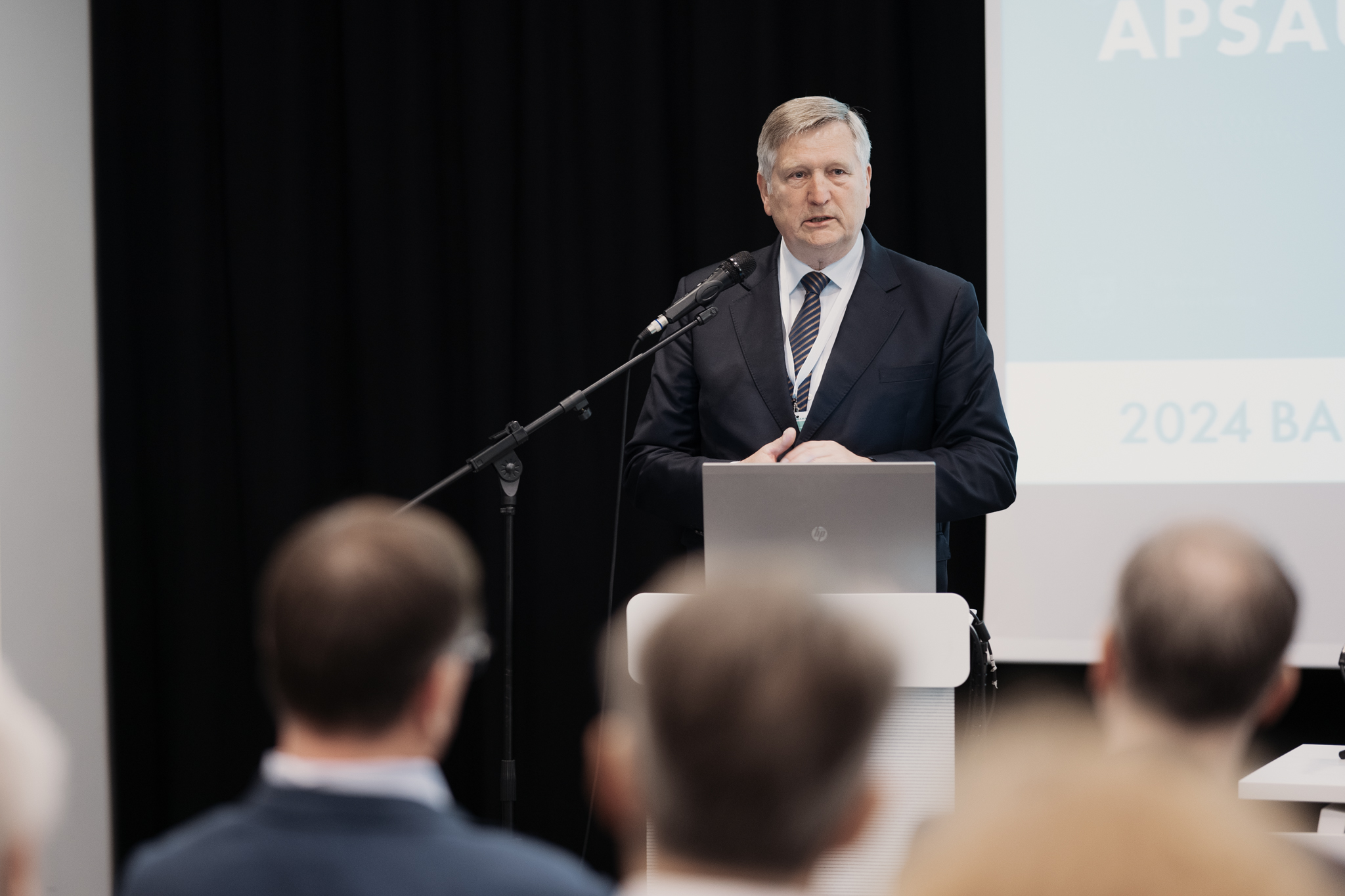
On 26 April, the Lithuanian Health Forum “Universities, Medicine and Healthcare System: Present and future” was organised by the Lithuanian University of Health Sciences (LSMU) and Vilnius University (VU). Two medical universities that train doctors, joined forces and invited the public and politicians for an open discussion in the forum.
In the forum, health experts named the most urgent and immediate problems of the Lithuanian healthcare system and noted that academic medicine itself is facing obvious difficulties. Experts say the unbalanced allocation of resources and their scarcity, the lack of state support for medical professionals, the growing gap between university and residency studies, and the ineffective use of academic medicine’s potential call for an urgent review of today’s healthcare policy.
Universities’ experience is not taken into account
“Our graduates are valued nationally and internationally. It is important that the state healthcare policy evaluates these achievements and is oriented toward the long-term perspective, meets the challenges and needs of the present, in order to ensure quality health education,” spoke Prof. Rimvydas Petrauskas Rector of Vilnius University.
“Educated, constantly improving and energetic young people are the resources that we cannot afford to lose”, said Prof. Rimantas Benetis, Rector of LSMU. He claims that there is an urgent need to evaluate current healthcare policy due to the dearth of public support for physicians, the widening gap between university and residency training, and the inefficient use of academic medicine’s potential.
“It is not justified that the experience of universities is not taken into account, and the accumulated competence is not optimally used for the country’s progress,” stated, the Rector of LSMU.
According to Dean of the Faculty of Medicine of Vilnius University, Prof. Dalius Jatužis, a dialogue between medical universities and the government is taking place, but the voice of higher education institutions is not always heard. “It is important that it is heard by the government, the Ministry of Health and other politicians. Health issues are relevant to society as a whole.”
Urgent steps
Health experts gathered in the forum with a clear vision of the steps that need to be taken urgently in Lithuania. The statement drafted at the conference emphasises the necessity of making sure that: access to quality healthcare services for both healthy and sick members of society, sufficient and evenly increased funding for advanced and internationally recognised scientific activities, the creation of possibilities for professional development and inspiration for healthcare personnel, opportunities for all participants of the health care ecosystem to engage in health policy development and decision-making that promotes active leadership.
It was also noted that there is a need to give priority to the quality training and improvement of doctors and other healthcare system staff, while in university hospitals it is important to ensure advanced health research and treatment opportunities for patients, to upgrade and expand the infrastructure of teaching and research services as they develop and transform into competitive university academic medical centres.
The resolution also urges the creation of a cutting-edge, technology-driven environment for outpatient medical facilities, including telemedicine, AI, and machine learning.
Academic medicine in Lithuania unites research, medical education, clinical practice and healthcare management, while medical studies provide both theoretical foundations and clinical practice, students of all levels have the opportunity to participate in scientific research, observe doctors’ work at the patient’s bedside and take over good practices.
“The medical faculties of Lithuanian universities have consistently shaped the direction of Lithuanian health studies, science and policy, adapted to the needs of the population, for more than a hundred years without interruption. This process has always remained sustainable, despite the shocks and changing geopolitical contexts. Based on long-standing study traditions and established research schools, specialists are fully-fledged leaders and policy makers of medical science and discovery in Europe and the world,” said Prof. Dr. Andrius Macas, Dean of the LSMU Faculty of Medicine.
Foreign experts about Lithuania
The strengths and weaknesses of Lithuanian healthcare were also highlighted by foreign experts during the forum. According to Marina Karanikola, an expert at the European Observatory on Health Systems and Policies, one of the challenges facing the system is the lack of human resources. Although there are enough doctors in Lithuania, there is a significant shortage of specialists in some areas.
“We should be concerned about the training of healthcare professionals, the maintenance of their motivation, the uniform distribution in the country. In the academic environment there are many leaders who are well versed in these issues,” said M. Karanikola.
In turn, Peeter Ross, a professor at Tallinn University of Technology, spoke about how digitalisation can be exploited in healthcare.
“It is very important that health authorities communicate with each other and exchange patient information. This can be a great way to do this, ” said the expert. The level of integration could be at municipal or even state level. This exchange of information would be particularly beneficial for patients, including the public healthcare system.
Uniqueness of Lithuanian studies
Dean of LSMU Centre for Postgraduate Studies Prof. Juozas Kupčinskas pointed out that the past year has seen the introduction of innovative Western medical training principles to Lithuanian residency programmes. Our country has become one of the first countries in Europe to introduce a tiered competency model in all residency study programmes, and the duration of studies meets international standards.
“Now it is time for Lithuania to take another step and ensure free studies for all resident doctors,” said Professor J. Kupčinskas.
In turn, Vice-Dean of Postgraduate Studies at the Faculty of Medicine of Vilnius University Prof. Vytautas Kasiulevičius noted at the forum that education, research and innovation are very important not only for the healthcare sector, but also for the sustainable development of the whole country, and medical universities contribute significantly to the achievement of these goals.
“The training of doctors is an integral path of doctors’ education, beginning in pre-degree medical studies, continuing in residency and even in lifelong learning activities. The role of the universities and university hospitals in this process is fundamental because the doctor is preparing for the future, and the clinical environment must allow the future specialist to see the horizon of technological and organisational possibilities,” said Professor V. Kasiulevičius.

